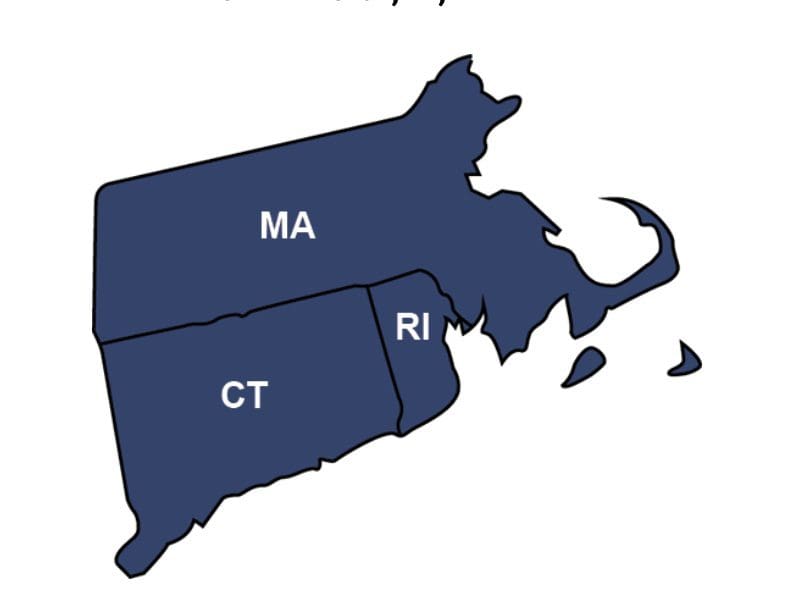Search Posts
Recent Posts
- We Cook! Mill’s Tavern’s Heirloom Tomato Caprese with Basil Gel and Balsamic Drizzle June 26, 2025
- CODAC a one-stop center for whole person care – G. Wayne Miller, Ocean State Stories June 26, 2025
- To Do in RI: Collector-Con Providence 2025 – Meet Tony Jones! June 26, 2025
- Rhode Island Weather Forecast for June 26, 2025 – Jack Donnelly June 26, 2025
- RI Veterans: Did you know? 26.06.25 (Golf – Early Retirement – Events – Benefits) – John A. Cianci June 26, 2025
Categories
Subscribe!
Thanks for subscribing! Please check your email for further instructions.

UPDATED: RI offers Developmental Disabilities workers less pay than Connecticut & Massachusetts
by Gina Macris, Developmental Disabilities News
| Updated June 9th, pm: Rhode Island Governor Dan McKee has asked the General Assembly to designate a total of $39.7 million, including some $$7.8 million in state revenue not previously part of his proposed budget, to pay an estimated $15.75 to direct care workers supporting adults with developmental disabilities. More than half the increase would be borne by federal reimbursements from the federal-state Medicaid program. The House Finance Committee will hold a public hearing on the proposal Thursday, June 10, at the conclusion of the full session of the House, which does not occur at a set time but is generally pegged at sometime after 5 p.m. Public testimony will be accepted remotely. Go here for details: http://olmstead-ddnews.org/olmstead-updates |
Will higher wages for workers who help persons with developmental disabilities in neighboring Connecticut and Massachusetts force increased pay for similar workers in Rhode Island?
State Sen. Louis DiPalma says they should; particularly a two-year contract settled just a few days ago in Connecticut that gives frontline workers $16.50 an hour in the fiscal year beginning July 1 and $17.25 in July, 2022.
While leaders of private agencies in Rhode Island that provide services to persons with disabilities have tentatively agreed to a $15.75 reimbursement rate for entry-level caregivers, they did so reluctantly, saying that it’s not competitive enough to help them stabilize or expand their workforce.
And it’s not yet known whether that figure is acceptable to Chief Judge John J. McConnell, Jr. of the U.S. District Court, who has involved himself in workforce issues because they are connected to the state’s compliance with a 2014 civil rights decree requiring the integration of adults with developmental disabilities in their communities.
DiPalma, a strong advocate for those with disabilities and an influential legislator, said in a telephone in a telephone interview with Developmental Disability News that the $15.75 hourly reimbursement rate the private providers tentatively accepted from the state is “necessary but not sufficient.”
Connecticut’s eleventh-hour settlement with the Service Employees International Union (SEIU) averted a strike of 2,100 group home workers who had planned to walk out June 4.
In addition to the wage hikes, the agreement provides 3-percent raises to those already making more than entry-level pay, as well as a a pool of $30 million over the next two years for enhanced medical and retirement benefits. The entire package will cost a total of $184.1 million, according to a statement from the Connecticut state policy office and department of developmental disability services.
In Massachusetts, personal care attendants who work with adults facing intellectual challenges, as well as with others who need daily assistance, make $16.10 an hour, according to the website of their union, 1199 SEIU East, a different branch of the same overall organization representing the group home workers in Connecticut. Rhode Island routinely loses some of its best developmental disability professionals to Massachusetts, and DiPalma said Connecticut is “not that far.”
The strike threat in Connecticut was “a means to an end,” DiPalma said.
“Never mind how they got there,” he said. The state wouldn’t have put up the $184.1 million in the two-year package unless it valued the workers, DiPalma said.
For the most part, the employees of some three dozen private providers of developmental disability services in Rhode Island are not unionized. Wage talks have involved their employers and state officials and revolve around reimbursement rates to the private agencies, not the wages themselves.
Because of differences among agencies in employee-related overhead costs, like workers’ compensation, the actual wages are not exactly the same as the reimbursement rates negotiated between employers and the state, according to Tina Spears, executive director of the largest provider trade association, the Community Provider Network of Rhode Island (CPNRI)
The most recent CPNRI calculations indicate that the average starting pay for direct care workers is $13.18, but there are other reports that some agencies pay $13.40 or a little higher.
Those organizations paying a little more have transferred revenue from other programs to subsidize services for adults with developmental disabilities, in a pitch to be a as competitive as they can in the midst of a huge worker shortage, DiPalma said. Not all the agencies have multiple sources of income, he said.
Judge McConnell has heard testimony that low pay and high turnover has adversely impacted the workforce that the state relies on to comply with the 2014 civil rights consent decree, which requires adults with developmental disabilities to be integrated in their communities. The state is nearly 1100 workers short of the number it needs to guide community-based services, according to a consultant’s report.
McConnell has ordered the state to set starting wages at $20 by 2024, with any interim raises being competitive with direct care pay in neighboring states.
McConnell has a private conference scheduled today, June 8 with lawyers in the consent decree case.
_____
For DD News: http://olmstead-ddnews.org/olmstead-updates

Gina Macris is a career journalist with 43 years’ experience as a reporter for the Providence Journal in Providence, RI. She retired in 2012. During her time at the newspaper, she wrote two series about her first-born son, Michael M. Smith. Both series won prizes from the New England Associated Press News Executives Association. Michael is now in his 30s.
